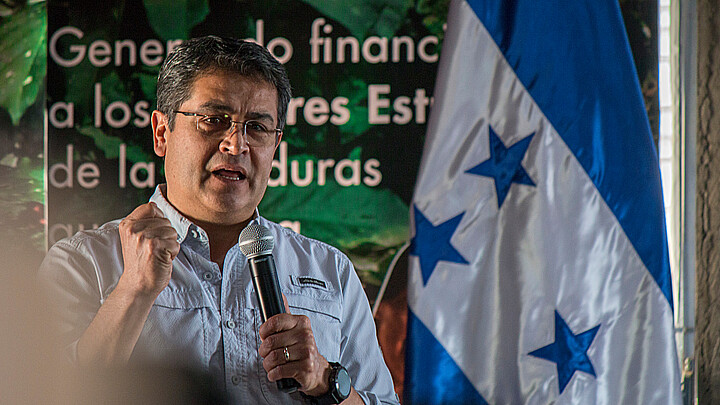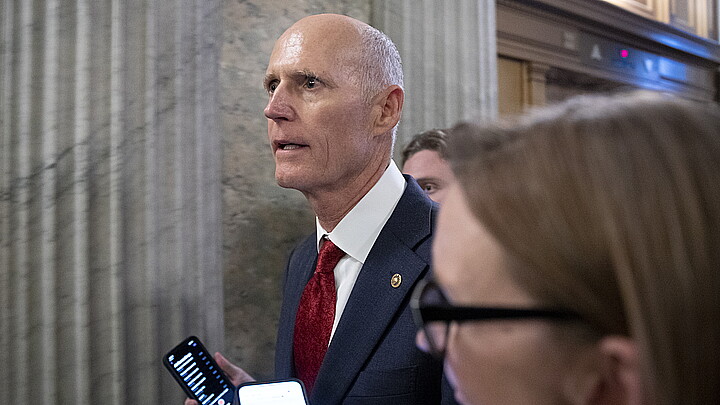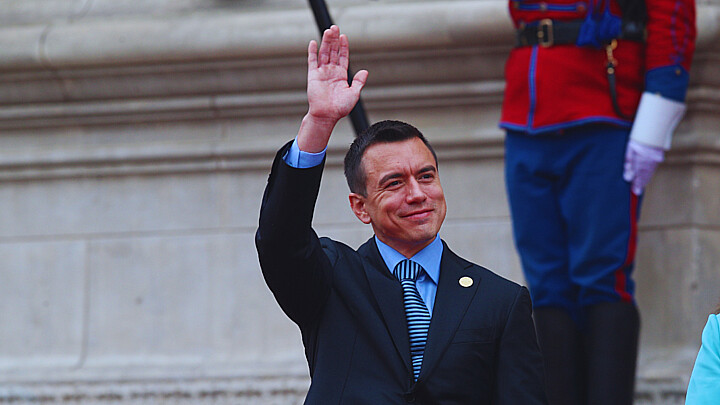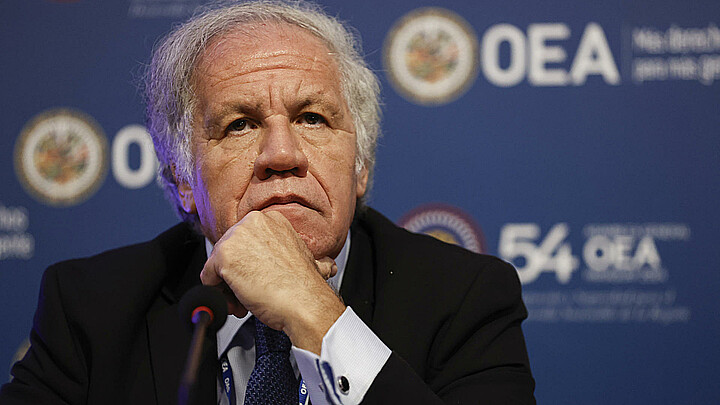Politics
Russia poised to strengthen military-technical cooperation with Latin American dictatorships
Two weeks ago, Russian Deputy Foreign Minister Sergey Ryabkov neither ruled out nor confirmed an eventual deployment of Russian military infrastructure in Cuba and Venezuela
January 26, 2022 12:15pm
Updated: January 26, 2022 12:15pm
Russia will strengthen its strategic cooperation with Cuba, Venezuela, and Nicaragua “in all spheres," Russian Foreign Minister Sergey Lavrov said Wednesday in an address to the Russian State Duma.
"We have very close relations and strategic cooperation in all spheres: in terms of economy, culture, education, and military-technical cooperation," the head of Russian diplomacy said.
Lavrov also noted that during recent talks with the leaders of the three countries, Russian President Vladimir Putin agreed to further strengthen ties with Latin America’s three dictatorships.
Two weeks ago, Russian Deputy Foreign Minister Sergey Ryabkov neither ruled out nor confirmed an eventual deployment of Russian military infrastructure in Cuba and Venezuela.
The possibility of such a deployment to the Western Hemisphere gained traction in the Kremlin as a threat to the regional security of the United States, which along with its European allies has deployed forces to try to deter Russia from invading Ukraine.
"During recent telephone conversations between President Putin and his colleagues from these three states that are close friends of ours, ways to deepen our strategic partnership in all areas without exception were studied," Lavrov said Wednesday.
Venezuelan dictator Nicolas Maduro had a telephone call with his Russian counterpart last Thursday in which he conveyed his rejection "to the campaigns of provocations and manipulations against Russia", according to the Foreign Ministry of the Caribbean country.
Putin spoke with Cuban leader, Miguel Díaz-Canel, on Monday, in the midst of increased tensions with the United States. The leaders discussed bilateral cooperation, including Moscow's assistance to Havana in the fight against drug trafficking.
On Tuesday, Kremlin spokesman Dmitry Peskov denied that Putin and Diaz-Canel discussed increased military-technical cooperation and the establishment of Russian bases on the island.
White House National Security Advisor, Jake Sullivan, considered that it was a "bluff", but indicated: "If Russia were to move in that direction, we would deal with the issue in a decisive manner".
For many, this exchange evoked the 1962 crisis, when the United States and the then Soviet Union were on the brink of nuclear war after Moscow deployed ballistic missiles to Cuba.










